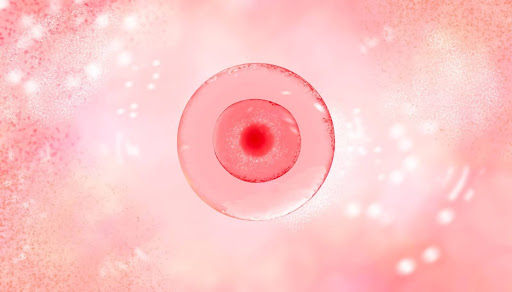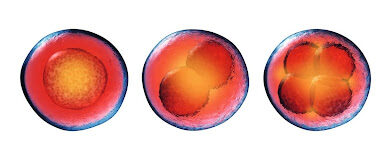April 30, 2024
10 Ways To Take Care Of Your Body As An Egg Donor

Egg donation is a selfless act that can help individuals and couples struggling with fertility build their families. If you’ve decided to become an egg donor, taking care of your body is of utmost importance. The process involves various medical procedures and hormonal changes, so ensuring your physical and mental well-being is crucial. Here at Island Reproductive Services, we have put together a list of several ways to take care of your body as an egg donor.
1. Undergo A Thorough Medical Evaluation
Before becoming an egg donor, you will undergo a comprehensive medical evaluation. This typically includes physical examinations, blood tests, and screenings to ensure that you are in good health and suitable for the egg donation process. Attend all scheduled appointments and provide accurate information about your medical history.
2. Prioritize A Healthy Diet
Maintaining a nutritious diet is essential for optimal egg health. The Centers for Disease Control and Prevention emphasizes fruits, vegetables, whole grains, and milk products to get you started on the way to a healthy diet. Consider including foods high in antioxidants, such as berries and leafy greens, to support overall reproductive health.
3. Stay Hydrated
Proper hydration is vital, especially during the egg donation process. Drinking an adequate amount of water helps support your overall well-being and can contribute to the success of the procedure. Aim to drink at least eight glasses of water a day, and more if you engage in physical activity.
4. Get Sufficient Rest
Egg donation involves a series of medical procedures and hormonal treatments. Ensure you get sufficient rest and prioritize a good night’s sleep. Aim for 7-9 hours of quality sleep each night to support your body’s natural healing processes.
5. Get Moving
Engage in regular, light exercise to promote overall health and well-being. Choose activities you enjoy, whether it’s walking, yoga, or swimming, and consult with your healthcare provider to ensure your exercise routine aligns with the egg donation process.
6. Manage Stress Levels
Although completely voluntary, the egg donation process can be emotionally and physically demanding. Implement stress-management techniques such as meditation, deep breathing exercises, or mindfulness to help reduce stress levels. Consider talking to a mental health professional or joining a support group to share experiences and receive guidance.
7. Follow Medication Protocols
Egg donation involves hormonal medications to stimulate egg production. It’s crucial to follow the prescribed medication protocols precisely. Attend all scheduled appointments, administer medications as directed, and promptly communicate with the medical team if you have any concerns or side effects.
8. Communicate Openly
Maintain open and transparent communication with the medical professionals overseeing the egg donation process. Share any changes in your health, emotions, or concerns promptly. Clear communication ensures that you receive the necessary support and guidance throughout the process.
9. Attend Follow-Up Appointments
After the egg retrieval procedure, attend all follow-up appointments as scheduled. These appointments allow medical professionals to assess your recovery, address any potential issues, and ensure your overall well-being. Follow any post-procedure instructions provided by the medical team.
10. Take Time for Self-Care
Egg donation involves a significant commitment of time and energy. Dedicate time to self-care activities that bring you joy and relaxation. Whether it’s reading a book or spending time with loved ones, prioritizing self-care contributes to your overall well-being.
Becoming an egg donor is a generous and impactful decision, and taking care of your body throughout the process is crucial. Here at Island Reproductive Services, we commonly treat women with abnormal menstrual cycles, polycystic ovarian syndrome (PCOS), uterine fibroids, endometriosis, ovarian cysts, and many other disorders. For more information or questions about becoming an egg donor, check out our website or give us a call at (718) 948-6100.

